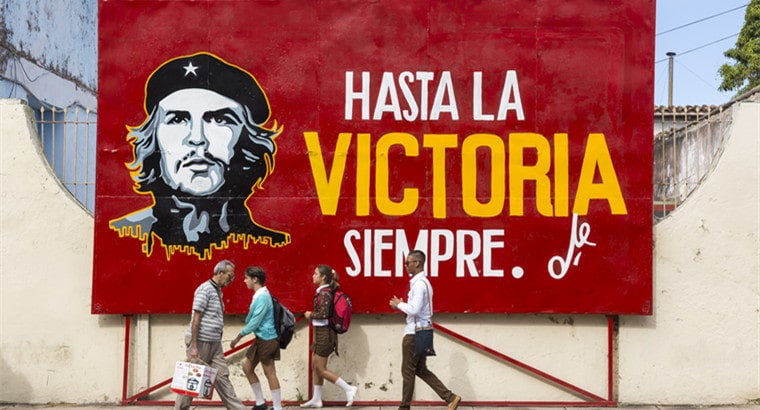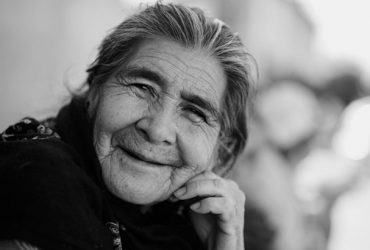You’ve seen the t-shirts. You’ve seen the posters. You know Che Guevara’s face from the iconic photograph that has stood as a symbol of revolution, rebellion, and counterculture for decades.
Born on June 14, 1928, in Rosario, Argentina, Ernesto “Che” Guevara is best known for his instrumental role in the Cuban Revolution alongside Fidel Castro. Post-revolution, his guerilla fighting took him to Africa and across Latin America. It was then in Bolivia, where he ultimately met his death in 1967 during a failed insurgency.
However, these are all pretty well-documented facts about his life. Here we are going to delve into the intriguing and often overlooked aspects of Che Guevara, revealing five lesser-known facts that shed light on the complexities of this enigmatic figure. From his pursuits to personal interests, these revelations offer a more nuanced understanding of the man behind the iconic image.
1) Chess Enthusiast
It might surprise many to learn that Che Guevara was not just a revolutionary, but also an avid chess player. During the Cuban Revolution, he engaged in chess matches with fellow revolutionaries, including Fidel Castro. This strategic and intellectual pursuit was an intriguing part of his personality that often gets overshadowed by his military and political roles. Perhaps it is on the chessboard where he honed some of his battlefield tactics?
2) Irish Roots
While Che Guevara is commonly associated with Latin America, his roots go over the Atlantic and reveal that he had Irish ancestry through his paternal grandmother. His father, Ernesto Guevara Lynch, bears the name of his ancestor, Patrick Lynch, a native of Galway born in 1715. His father acknowledged this connection, stating, “The first thing to note is that in my son’s veins flowed the blood of the Irish rebels, the Spanish conquistadores and the Argentinean patriots.”
3) Rugby
Che Guevara’s love of all things rugby is yet another surprising fact of the revolutionary’s life that might have just caught you off-guard. Despite suffering from asthma, Guevara demonstrated a passion for the sport, playing as a scrum-half and even founding and editing a rugby magazine called Tackle during his college years in Buenos Aires. His involvement in rugby went beyond the fun of participating, as he used his platform to critique the class structure within the game, leading to accusations of spreading communist propaganda by local authorities — it seems Guevara never had a day off!
4) Literary Contributions
Beyond his actions on the battlefield, Che was a prolific writer and intellectual. His travelogue, “The Motorcycle Diaries,” gained international acclaim and provided a glimpse into his early years, exploring his thoughts on social injustice, and was even adapted into a film in 2004. Guevara’s writings, including essays and letters, reveal a deep philosophical commitment to Marxist ideals and revolutionary theory.
5) Medical Training
Before becoming a revolutionary icon, Che Guevara pursued a career in medicine and earned his medical degree from the university of Buenos Aires in 1953. Trained as a doctor, he actively participated in providing medical care to wounded rebels during the Cuban Revolution. Guevara’s adeptness in both war and saving lives paints a complex picture of the man.
There you have it. Who would have thought that the Irish-descended Che Guevara honed his guerilla tactics on the rugby field, while off the pitch he was committed to medicine, writing, and playing chess against Fidel Castro!










